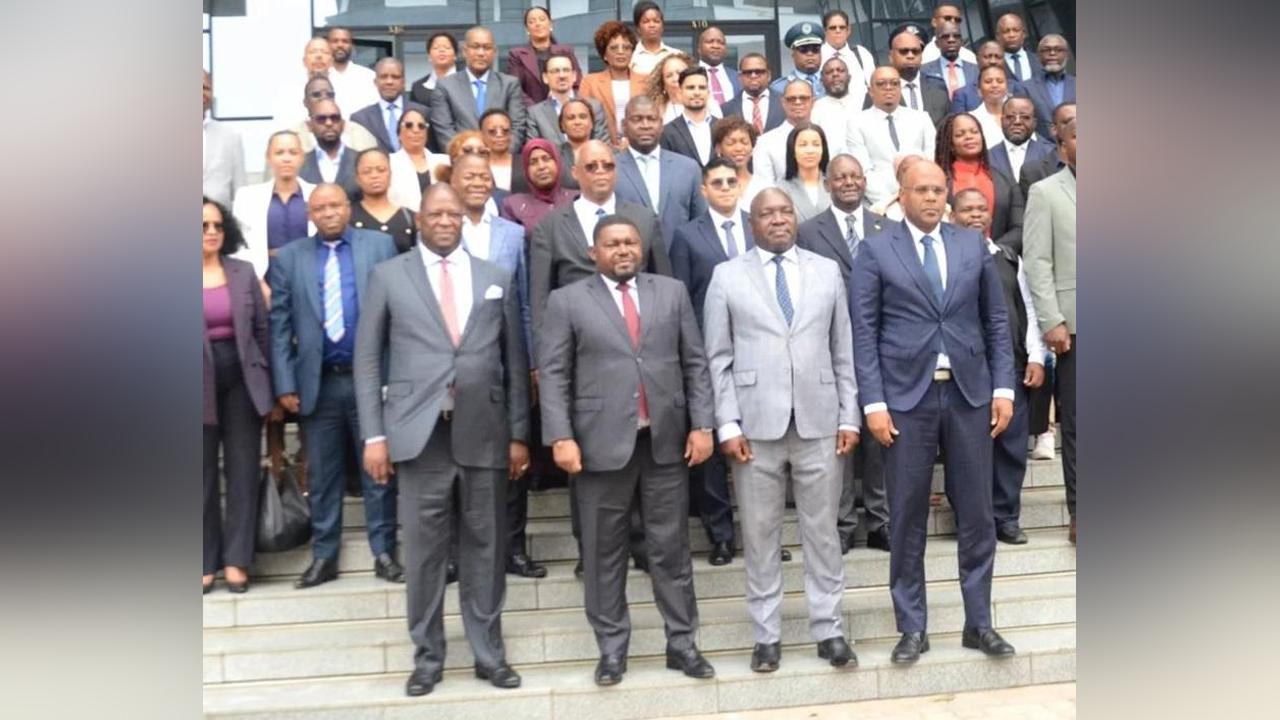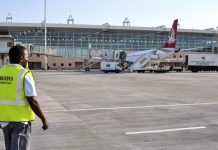Africa-Press – Mozambique. Mozambican business sector representatives today presented six priority reform proposals to the Government, including tax reform, strengthening the logistics network, and the implementation of an industrial tariff for energy supply.
“These reforms represent the private sector’s vision for the next 12 months. Realistic reforms with rapid and structural impact that aim to boost national competitiveness, attract investment, and consolidate the path to Mozambique’s economic recovery,” said Álvaro Massingue, president of the Confederation of Economic Associations of Mozambique (CTA).
These proposals were presented by the business sector to the Minister of Economy, Basílio Muhate, at the Business Environment Monitoring Council and will be submitted to the 2025 Annual Private Sector Conference (CASP), which will take place from 12 to 14 November in Maputo.
Among the six proposed reforms, key areas include infrastructure and logistics, energy and fuels, industrial competitiveness and business inclusion, agriculture and post-harvest logistics, tourism and connectivity, as well as supervision and business sustainability.
Álvaro Massingue pointed out that the “high cost of energy continues to limit industrialisation” in Mozambique, so the CTA suggests creating a competitive industrial tariff and stable supply contracts, alongside implementing a central transmission network that will ensure north-south energy interconnection and reduce external dependence. The proposal also includes introducing a diesel subsidy mechanism for agriculture with digital control.
Regarding supervision and business sustainability, the CTA argues that the current tax system, such as Income Tax and VAT, does not reflect the sector’s specificities and particularly penalises “emerging productive sectors”.
“We propose reviewing tax codes with a focus on adjusting rates to the reality of each economic sector and also to companies, whether small, medium or large. Creating tax incentives for the productive and export sectors, ensuring greater fiscal predictability, stimulating investment and business formalisation,” said the CTA president.
In agriculture and post-harvest logistics, Massingue said post-harvest agricultural losses “remain high due to the lack of warehouses, silos and cold storage systems,” with the CTA proposing the creation of a national storage and cold chain programme. “In public or private partnership, ensuring better preservation of agricultural products, reduction of waste, and increased profitability for producers,” he declared.
In infrastructure, the CTA proposes implementing a national interoperable single window for logistics between ports, customs and transport, and phased rehabilitation of logistics corridors through public-private partnerships to ensure operational efficiency.
In tourism and connectivity, CTA advocates an “open skies” policy and fare competition between airlines, creating integrated tourist routes combining beaches, culture and natural parks.
In industrial competitiveness and business inclusion, the CTA highlights challenges limiting the integration of micro, small and medium enterprises in value chains, such as lack of certification, foreign currency shortages and difficulty accessing finance. It therefore proposes “a transparent foreign exchange allocation mechanism, giving priority to industrial and agricultural importers”.
“And the availability of an industrial financing line, through the sovereign fund, Guarantee Fund and commercial banks, with subsidised rates and terms adjusted to the production cycle,” he added.
Without commenting on the proposals, the Minister of Economy, Basílio Muhate, acknowledged that “improving the business environment and strengthening public-private cooperation” are “strategic priorities for the Government in the next economic cycle”.
For More News And Analysis About Mozambique Follow Africa-Press






